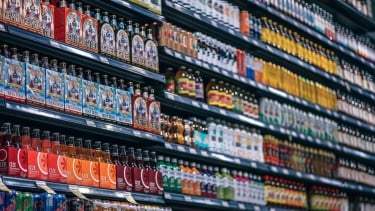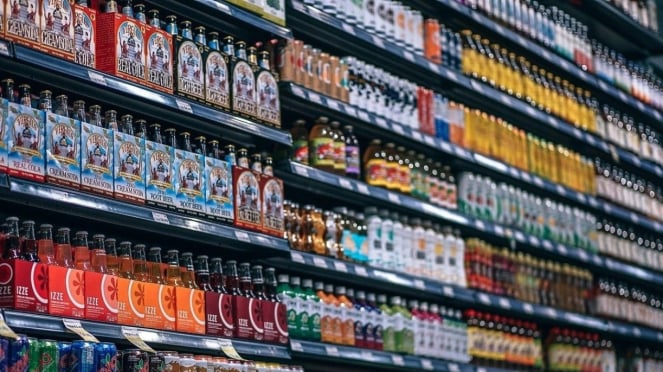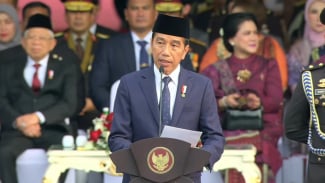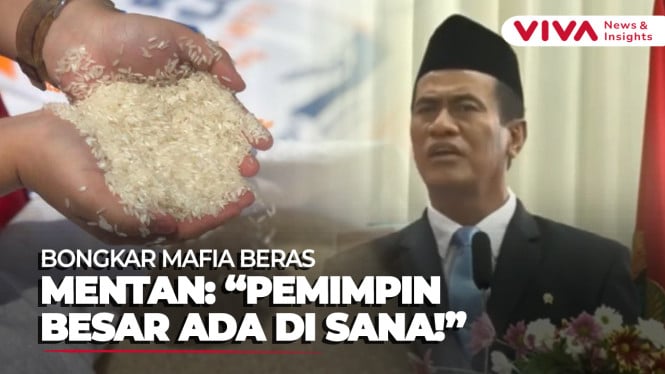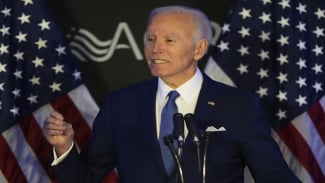Government to Implement Excise Tax on Packaged Sweetened Drinks
- Dok. Istimewa
Jakarta – Indonesian government will impose excise taxes on ready-to-drink beverages and packaged concentratest because these products have the potential to cause obesity and diabetes.
Director of Technical and Facilities at the Directorate General of Customs and Excise, Ministry of Finance, Iyan Rubianto, stated that ready-to-drink beverages subject to excise include packaged fruit juice with added sugar, energy drinks, other beverages such as coffee, tea, carbonated drinks, and others, as well as special Asian drinks like cooling solutions.
"The scope includes fruit juice, fruit essence, energy drinks, other beverages such as coffee and tea. Coffee is subject to excise if it contains sugar; if it does not contain sugar, it’s not subject to excise," Rubianto said on Wednesday (July 24).
Ilustrasi Minuman Kemasan. Sumber : pixabay.com
- vstory
Meanwhile, for concentrates packaged for retail sale, products that will be subject to excise include powdered forms like sachet coffee, liquid forms like syrup, condensed milk, and solid forms like effervescent tablets.
He explained that the imposition of excise on these products aims to control the consumption of Packaged Sweetened Beverages (PSB) in the community, which have the potential to cause obesity and diabetes.
Rubianto said that Indonesia ranks fifth in the world for the number of diabetes sufferers, with a total of 19.5 million people.
This figure is higher than Brazil and Mexico, which have 15.7 million and 14.1 million sufferers respectively.
Moreover, the excise imposition on PSB has three main objectives. First, to encourage healthier consumption patterns in the community.
Second, to motivate the industry to reformulate products with lower sugar content. And third, to enhance fiscal capacity to support health expenditures.


